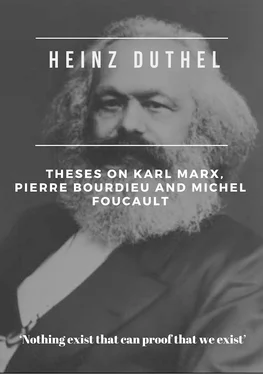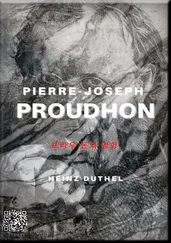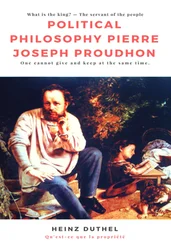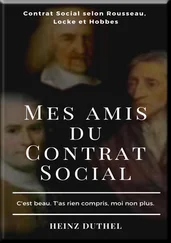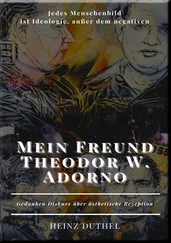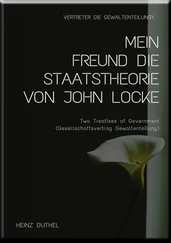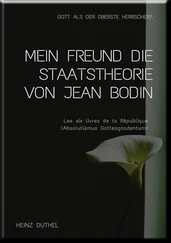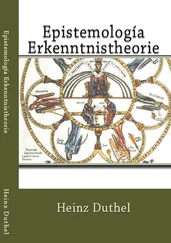2.1.1 Why study the sociology of mathematics education?
In this section, I want to explore the political framework to this study. I hope that I have already given some indications of my own background and values. Now I will look at examining the basis for a theoretical understanding of the Study. I will endeavour to do three things in this section. First, to present a brief synopsis of the essence of the theoretical framework I will be adopting for understanding the society in which mathematics teachers work (Section 2.1.1). Second, I will briefly discuss two important issues related to this – alienation (Section 2.1.2) and hegemony (Section 2.1.3). Lastly, I will offer a refutation to the claims that since we now live in an age of post-modernity, Marxism no longer offers a valid form of analysis (Section 2.1.4). My reason for introducing this into this Study at this stage is to demonstrate my rationale for drawing on Marxist philosophy and analysis at a time when it is coming under sustained attack, not only from the usual political opponents, but also from proponents of postmodernism. I will argues why I believe it is still relevant.
Authors - Marx, Durkheim, Weber and so on - represent landmarks which structure our theoretical space and our perception of that space.
[Bourdieu, 1990 #38, p 30]
I am, however, not intending to label this Study as a ‘Marxist analysis of mathematics education’. I take my perspective again from Bourdieu:
You get what you can where you can.
[Bourdieu, 1990 #38, p 29]
It is this position that justifies my incorporation of habitus, hegemony and ideology - ideas that are traditionally ‘structuralist’ from Marx, Gramsci and Bourdieu, with discourse - which is traditionally viewed as ‘post-structuralist’ from Foucault. In the relevant sections, I discuss how I adapt discourse into a more structuralist framework and how I develop ideology into a system of classifications rather than socially structured and determined positions. I described earlier what aspects were central to my conceptual and analytical framework, but they bear repeating here:
• A view of society as being in conflict between differing interests – usually class interests based upon economic distinctions.
• A view therefore which sees the economic structure as fundamental.
• An approach that considers the interconnectedness of the whole social system.
• That life is essentially social. That cognition is essentially a social act. Therefore that material conditions exert a significant effect on us. This approach looks for connections between objective structures and human action.
• That I am committed to social change.
• That educational research should be emancipatory, through analysing power relations.
Adopting such a conflict perspective is not unnecessarily negative or pessimistic, but is based upon the recognition by George Hegel, subsequently developed by Karl Marx, of the importance and power of contradiction, considered not as some temporary abnormality or paroxysm to be avoided, but as the driving force of history.
Contradiction is at the root of all movement and life, and it is only in so far as it contains a contradiction than anything moves and has impulse and activity.
[Hegel, 1812 - 1816 #747, Vol II, p 67]
This ‘dialectical process’ is seen by George Hegel as teleological – moving inexorably towards some goal. Karl Marx took this idea forward, removed George Hegel’s idealism, rooting it instead in a materialist conception of history and used the method of dialectics as a way of understanding issues, as stages in a process, looking at inner stresses and opposing forces to explain the intrinsic possibilities for change [Reiss, 1997 #748, p 84].
In the introduction to this Study, I outlined my belief that both the society we live in and the education system that serves it are unjust and I considered the ways in which mathematics education as a social practice plays a part in sustaining relations of domination. It is my contention that in order to understand a social practice we must understand both the ‘social’ context of the activity as well as the ‘practice’ of the participants. In this chapter, I will put forward the theoretical framework for looking at the ‘social’. In Chapter 3, I will be looking at the ‘practice’. I split these into individual chapters not to suggest they are independent, but as a convenient device for constructing my argument. The idea of the inter-relatedness of social organisation and social relations is not new, but is a central component of Marx’s analysis of capitalist society.
In production men not only act on nature, but on one another. They produce only by co-operating in a certain way and mutually exchanging their activities. In order to produce they enter into definite connections and relations with one another.
[Marx, 1849 #753, p 211]
Hence, the productive forces are only one aspect of what Karl Marx calls “production”; the other is in the relations existing between individuals. Social activity is not carried out by individuals, but by communities, societies and groups with vested interests, and hence there may be relations of co-operation or of domination. this has quite direct implications for my attempt to better understand the nature of teachers’ professional discourse.
In developing a theoretical framework, I need to be able to conceptualise this dialectical relationship between the individual and the social. For me, Pierre Bourdieu offers a way through this in his appreciation of the interplay between objective social structure and subjective personal dispositions and which forms the central methodological and conceptual organisation of his work and informs his empirical studies [Bourdieu, 1977 #36; Bourdieu, 1990 #37]. It is his assertion that objective structures are actualised and reproduced through subjective dispositions [Bourdieu, 1977 #36, p 3]. This does not mean to me that subjective dispositions have a primacy over more objective social structures. Pierre Bourdieu’s position is that the development of individual dispositions is influenced and constrained by objective structures, the nature of hierarchy, the form of hegemonic positions and so on, which in their turn reinforce the objective structures. What distinguishes Pierre Bourdieu’s approach from that of, say, Ervin Goffman or Anthony Giddens is the way in which social structural properties and social and economic conditions are always embedded in everyday lives and events of individuals [Harker, 1990 #668, p 8]. Of course implicit in here is a readiness to accept the objective existence of social structure(s). I find myself in accordance with Pierre Bourdieu here when he claims that
There exist in the social world itself, and not merely in symbolic systems, language, myth etc. objective structures which are independent of the consciousness and desires of agents and are capable of guiding or constraining their practices or their representations.
[Bourdieu, 1990 #38, p 14]
This approach to social ontology has implications for the whole of my study. It has implications for the conceptual framework that I adopt in looking at how the social world becomes operationalised though individuals. I take this forward in Chapter 3.
2.1.2 Alienation and school mathematics
A significant root of Karl Marx’s analysis was not, as is often portrayed, the domination of the proletariat by a cruel capitalist class, but his theory of alienation. Put simplistically, a theory of alienation is a theory of unhappiness – an attempt to understand why we live in a world where there is so much unhappiness and conflict. Whereas we might see unhappiness, despair, depression and so on as psychological conditions, alienation for Karl Marx is a socioeconomic condition relating individuals to their economic and social conditions. Georg Hegel was interested in the alienation of the body and soul. Karl Marx on the other hand rejected the notion of a soul and saw people as alienated in the contradiction between their true selves and their actual behaviour. This conflict is created in the material world in the conditions under which people live. In particular Karl Marx saw this alienation occurring because of separation of the worker from the object of labour. In this way, Karl Marx moved George Hegel from philosophy into economics. Karl Marx’s vision was optimistic however. He did not represent the capitalists as evil individuals committed to conspiracy. Rather he saw all classes “locked together in a symbiotic relationship playing out their respective roles in creating ever increasing wealth at the cost of ever increasing misery for the working class” [Freedman, 1990 #175, p xi]. This theory of alienation, which Marx directed at global socio-economic conditions of existence, does have an application to the teaching of mathematics.
Читать дальше
